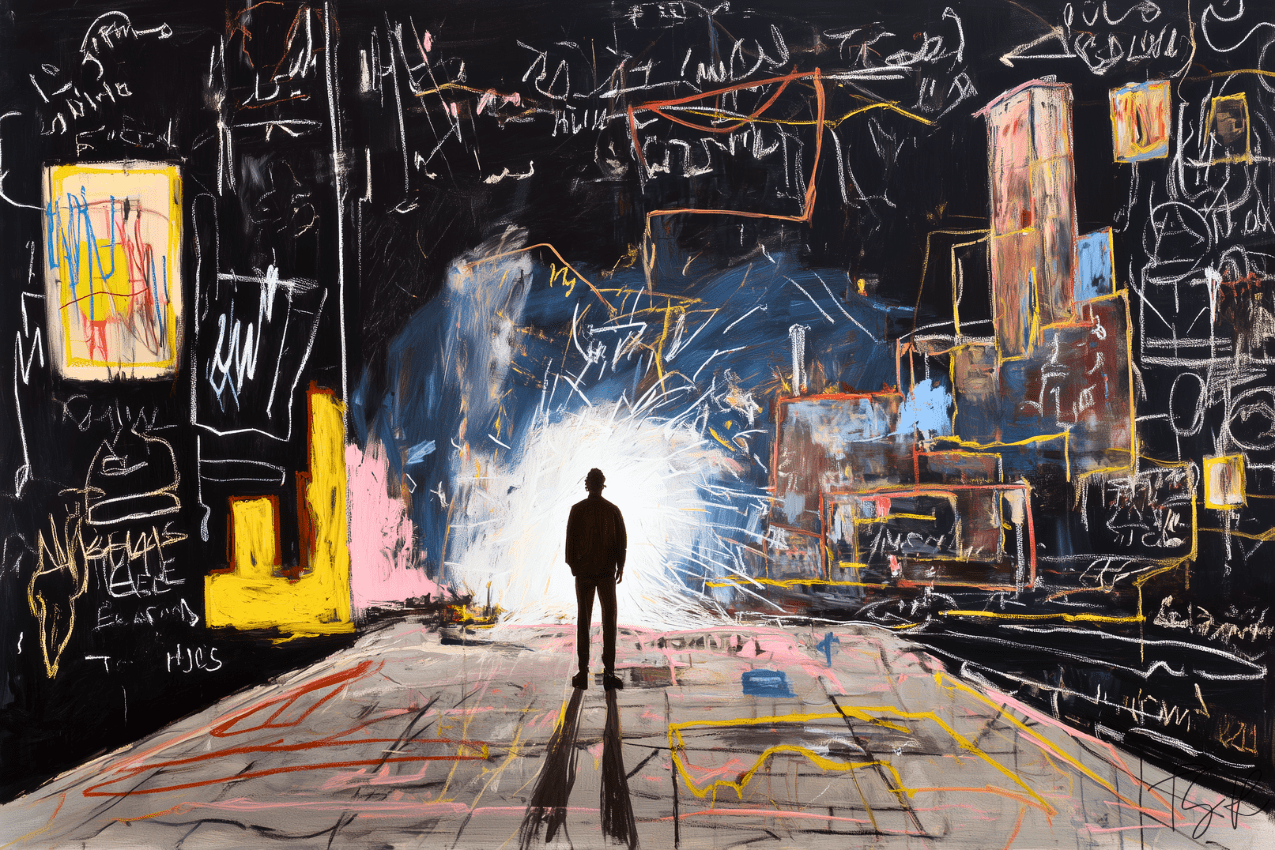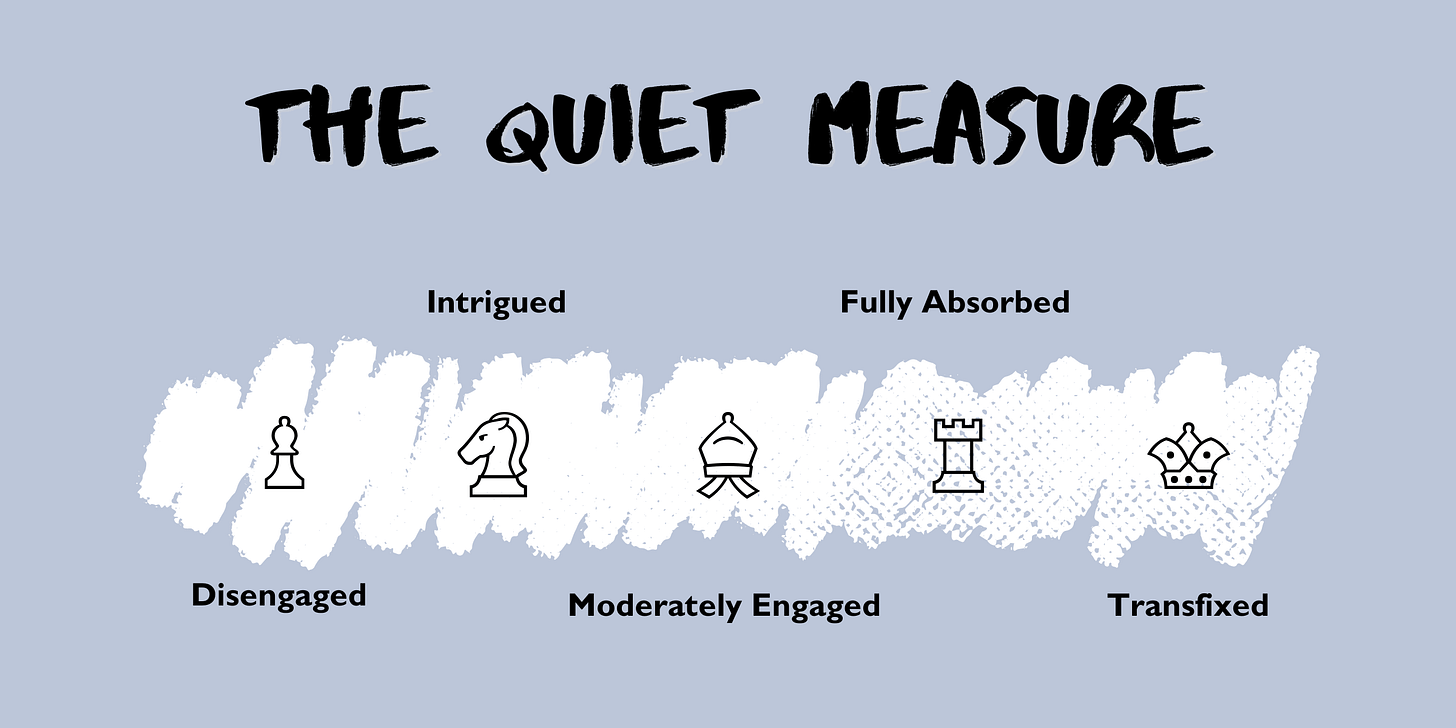Review: 'plastic' by Matthew Rice
The night’s rhythm, rendered
The book-length poem plastic unfolds over a twelve-hour night shift in an injection molding factory. Over its course, Rice moves through the fracture between reflection and the everyday, following the grind of the night as much as the churn of the psyche.
Rather than deepening the disconnect, his attention becomes a bridge between poetic thrill and a reality so starved for escapist tones that it devours its own melody.
This tension is most palpable in the interplay between factory floor and verse: a dissonant balance producing images like “the peacock-tail of sparks Billy’s grinder conjures.”
The hot filings are mobile, electric, as plastic instills a certain vitality of impression, ticking away alongside the existential howl of the night (“02:59,” “03:07,” “03:16”).
In marking the stretch of the night shift, the poem grounds its narrative as much in temporal rhythm as in lived experience. It taps out a beat we follow instinctively, letting the body open up to the cool touch of clarity.
Meanwhile, the world bares its sleepy heat to our scrutiny.
There’s the quiet violence of a life lived from paycheck to paycheck. There’s also the incongruent savagery of a past life—like the veteran from Afghanistan—hammered into the present, and the way language keeps driving meaning into the mundane.
The glide of the sacred against the profane is ever present: a duality, an ancient form entwined with the vulgar pain of modern-day being.
The result is deeply compelling, but never overpowering. In its restraint and accessibility, plastic becomes highly digestible, touching every chamber of a laboring heart.
I imagine working my way down the finger like you slice a carrot. I think about this even when I'm not dicing chicken breast in the factory canteen.
We see Rice wrestle with a factory-born lexicon designed to dispel wonder, pushing an “insanity of depth” into twisted “coils of existence”—the harsh incisions of felt observation, the prickles of teething awareness.
And so, at its core, plastic is a poem of measured observation and quiet intensity. It maps both the night shift and the lives wound into its exactness, finding reprieve in how language and perception intertwine to house the ordinary.
In the end, Rice leaves us with a reminder that the eye is rarely blind to the small betrayals of the everyday, and no heart ever fully hardened against them.
An advance copy was provided by Soft Skull Press.
Path of Engagement
♘♗♜♗♗
Genre
Poetry & Verse
Publication Date
January 13, 2026



